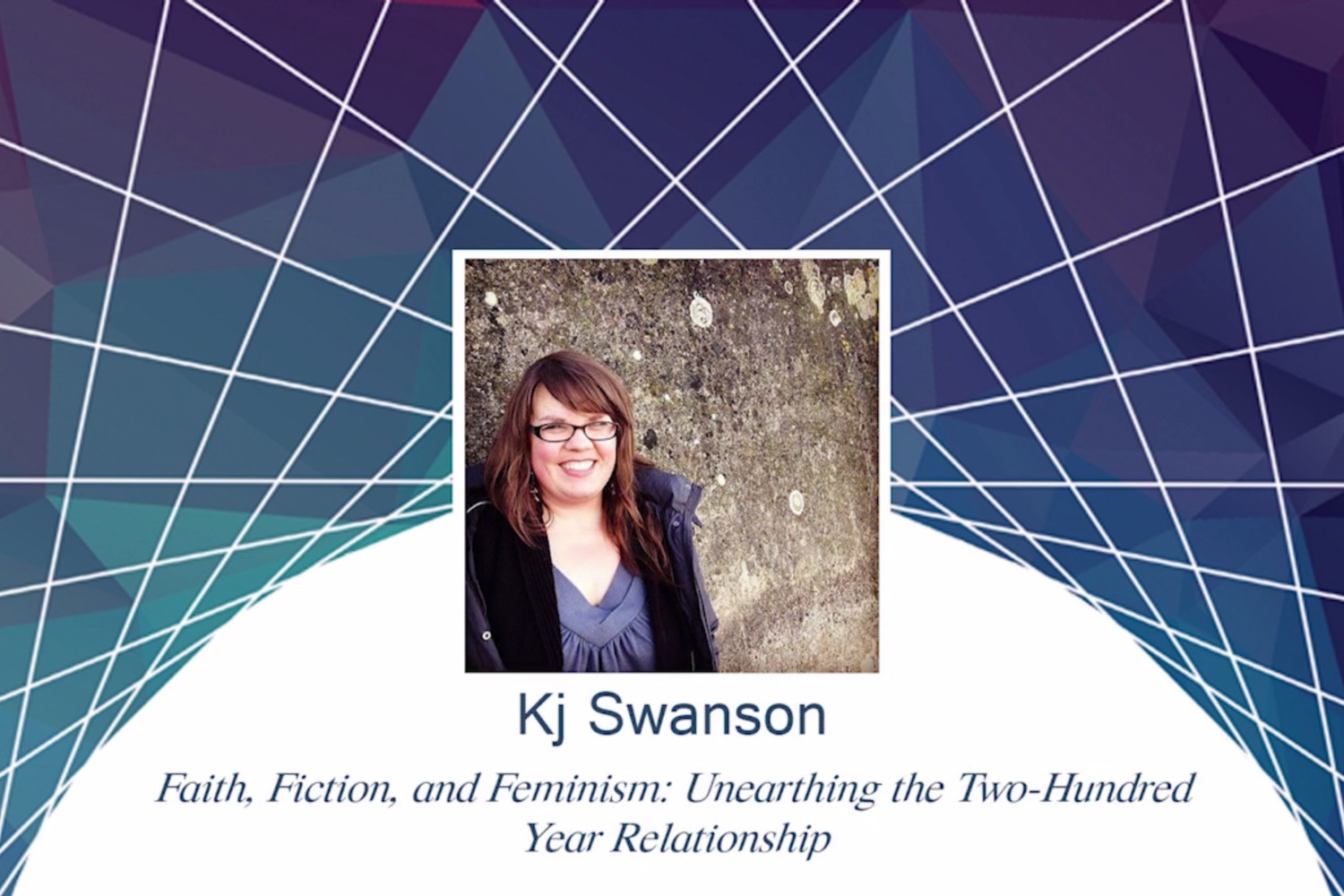Last October, we hosted the first annual Symposia: An Intersection of Conversation & Innovation, a forum in which alumni of The Seattle School presented the ongoing work they are pursuing at the intersection of text, soul, and culture. Integrative education does not end at graduation, and our alumni are proof of that. Symposia highlighted the ways that Seattle School alumni are continuing to wrestle with big questions and big dreams in theology, psychology, and culture.
This week, we’re featuring a presentation by Kj Swanson (MDiv, ‘10), “Faith, Fiction, and Feminism: Unearthing the Two-Hundred Year Relationship,” in which Kj explores how the historical emergence of literature by women speaks to the formation and flourishing of feminist theology.
“When faith inspired one generation of women to challenge the cultural and spiritual boundaries of their time by becoming writers, their literary legacy inspired a later generation of women to challenge the cultural and spiritual boundaries of faith.”
Kj is currently completing a Divinity PhD at the Institute for Theology, Imagination & the Arts at University of St. Andrews in Scotland, writing about the relationship between feminist theology and literature by women.
In this talk, Kj briefly discusses the feminist theological task before tracing the history of the growth of women’s literature that occurred in the late 18th century, when economic, cultural, and theological shifts enabled middle class women to write about and document their experiences in a way that had never occurred before. These shifts created space for feminist theology to emerge in a new way, challenging the understanding of the Gospel and the conceptualization sin that had been upheld by male theologians.
“What I hope this story is able to provide is an illustration of how, when women document and reflect on their experiences, change follows. As feminist theology continues to advocate for the theological importance of women’s experience, and for the many ways in which women today are still experiencing silence and suppression, engaging with what past women wrote as expressions of their spiritual equality might assist women today in living out their own stories of equality and wholeness.”

